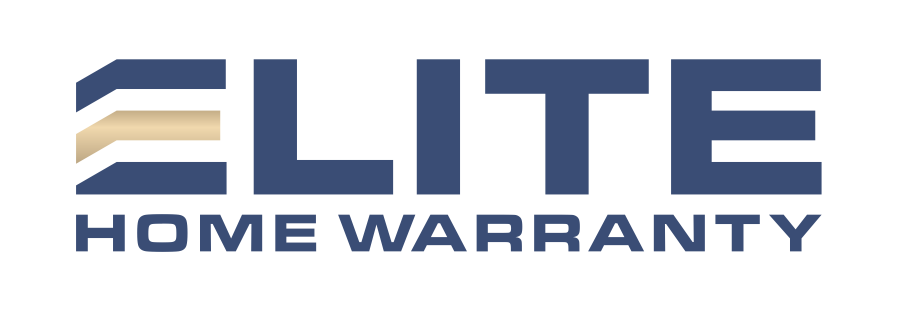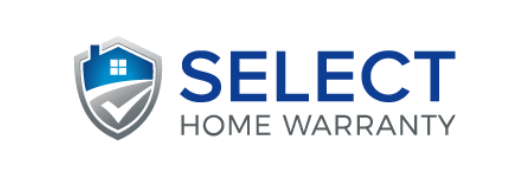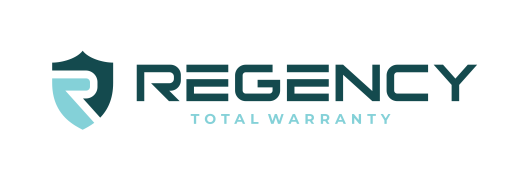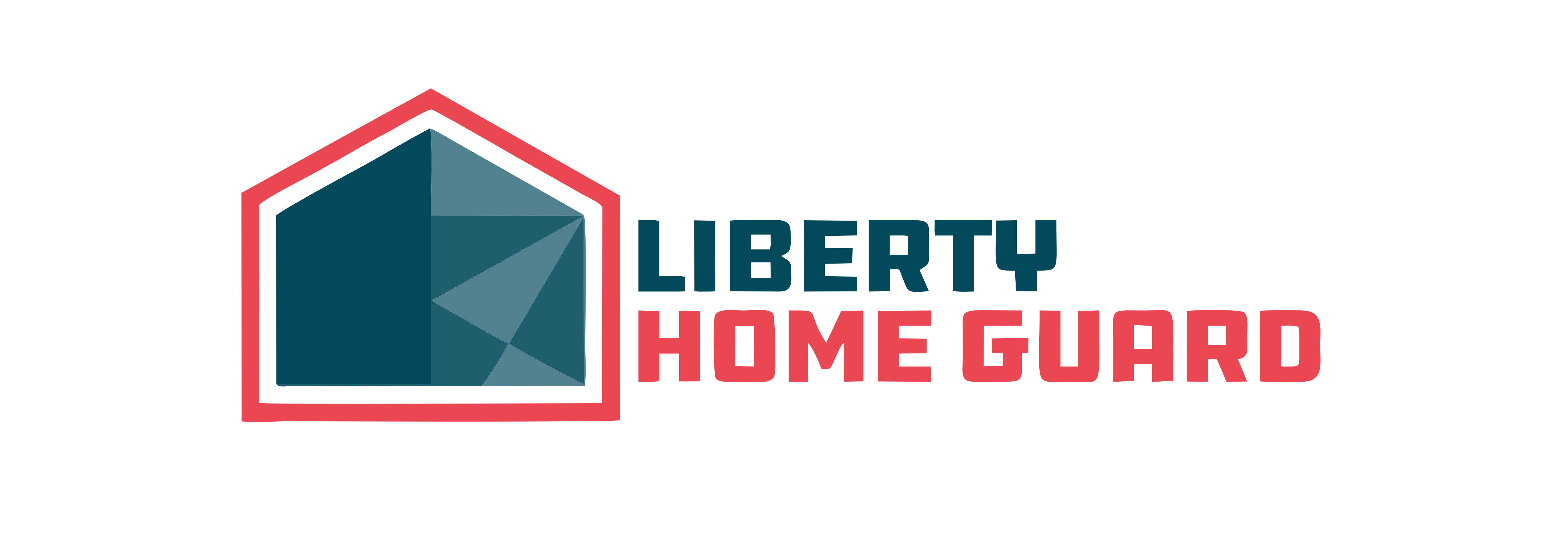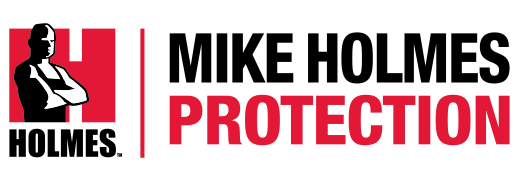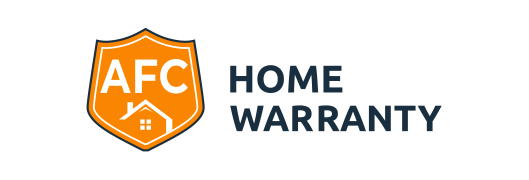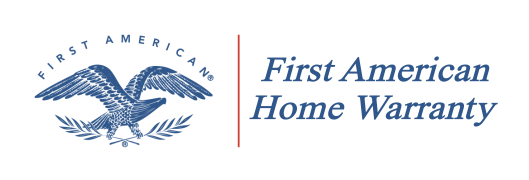Is A Home Warranty Right for You?
When deciding on a home warranty, many factors must be considered. North Carolina homeowners often deal with seasonal storms and humid summers, which can strain home systems. A warranty plan can help manage unexpected repair costs.
The decision process is critical. You should evaluate the age of your home systems and whether your appliances are nearing the end of their useful life. A warranty plan covers breakdowns that occur from normal wear and tear.
Understanding Home Warranty Coverage
Home warranty coverage protects mechanical systems and appliances. It is not the same as homeowner’s insurance. A warranty plan covers repairs or replacements. It can include HVAC, plumbing, electrical, and kitchen appliances. The details vary by provider.
Many plans include optional add-ons covering items like pools or septic systems. In North Carolina, where weather can be unpredictable, having a clear idea of what is covered is crucial. The plan should address common issues caused by humidity and storm damage. Read the policy carefully. This will help you avoid surprises during a claim.
Assessing Your Home’s Specific Needs
Each home has unique requirements. Coastal salt air or inland temperature swings may affect North Carolina homes—the age of your system matters. Consider whether your appliances have been replaced recently. If not, a warranty can be a financial safeguard.
Assess how often repairs occur in your neighborhood. Ask local contractors about typical repair costs. Shorter sentences and clear facts help you make an informed decision. Look at the monthly premium and weigh it against potential repair bills. This process lets you decide if a warranty plan is the right fit.
Decision-Making Factors for Homeowners
The final decision should be based on several key points. First, review your budget. Determine if you can afford a monthly fee. Second, the reliability of local repair services should be considered. Fast and efficient service is vital.
Third, compare the cost of the warranty with estimated repair expenses. Many homeowners find that a warranty plan saves money over time. Read reviews and testimonials. They offer insights from genuine customers. These points guide you to a plan that fits your needs. A careful evaluation gives you peace of mind and reduces future stress.
Is A Home Warranty Worth the Cost In North Carolina?
Determining if a home warranty is worth the cost requires careful thought. North Carolina homeowners face variable repair needs. Storms, humidity, and aging systems all contribute to repair costs.
A home warranty is an investment that may save you money. This section looks at the value of a warranty from several angles. It examines both short-term expenses and long-term benefits. Understanding these factors is crucial.
Analyzing Repair Costs and Risks
Home repairs can be expensive. A broken air conditioner or a plumbing failure may cost hundreds of dollars in repair bills. In North Carolina, weather extremes can accelerate wear on systems. A warranty plan helps cover these high costs. When you face an unexpected breakdown, the price in $ may be overwhelming.
A warranty plan fixes that issue. It provides a predictable monthly premium, which helps you budget and manage risks. Many homeowners find that the cost of repairs far exceeds the monthly fee.
Comparing Premiums and Additional Expenses
The monthly premium for a home warranty is a fixed cost. Most plans in North Carolina range from $40 to $50 per month. In addition, a service fee is applied when you request a repair. This fee is usually $65 to $80 per visit.
Compare these amounts with the potential expense of replacing a significant system. Over time, the warranty can reduce out-of-pocket costs. It is important to compare providers. Look at what each plan covers and the associated fees. This comparison is key to determining overall value.
Evaluating Long-Term Benefits and Security
A home warranty offers long-term benefits. It gives you security against the unpredictability of repair expenses. The plan helps you avoid large, unexpected bills. It also provides peace of mind. Over the years, the cost savings may add up. Many homeowners feel safer knowing that help is just a call away.
The consistent service from a reliable provider is invaluable. Long-term benefits include reduced stress and better home maintenance. These benefits are worth considering alongside the monthly cost. In many cases, the warranty pays for itself by preventing expensive repairs.
Who Oversees Home Warranty Companies in North Carolina?
Understanding who regulates home warranty companies is essential. In North Carolina, state agencies play a vital role. They ensure that companies adhere to strict guidelines, which protect homeowners from unfair practices. Detailed oversight helps maintain quality in the industry.
State Regulatory Framework
North Carolina has specific rules for home warranty companies. State regulators review company practices regularly. Companies must follow set standards. Licensing and periodic audits are required.
These rules help ensure transparency. The oversight covers all aspects of operations. From pricing to claims handling, each step is monitored. This framework builds trust with homeowners.
Consumer Protection Measures
Consumer protection is a top priority. North Carolina laws require clear disclosures, and companies must provide detailed policy information. This helps consumers make informed decisions, and the state ensures that claims are handled fairly.
There are mechanisms in place for resolving disputes. These measures protect your rights. They also give you confidence in the system. Homeowners know that they have recourse if things go wrong.
Industry Self-Regulation and Standards
Besides state oversight, industry groups also set standards and promote best practices. Companies often participate in self-regulation programs. This collaboration enhances service quality. Standards for customer care and service speed are maintained. The industry strives for continuous improvement. This dual system of regulation benefits consumers.
Maintaining Transparency and Accountability
Transparency is essential. Companies must provide transparent pricing and service details. Independent audits and consumer reviews add another layer of accountability. North Carolina regulators enforce these practices strictly.
They ensure that all claims and procedures are documented. Homeowners can check records if they have concerns. This accountability strengthens the market and protects your investment.



